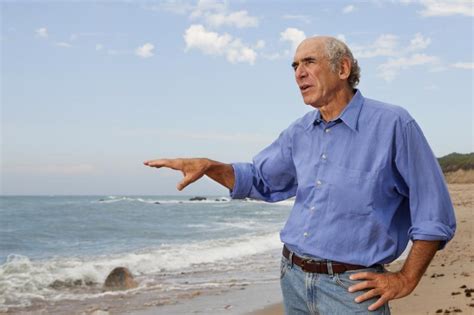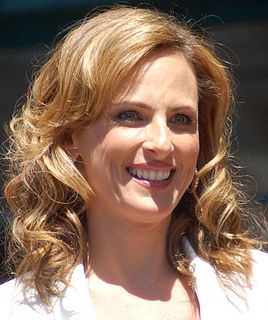A Quote by Christopher Wylie
Although the most amount of attention went to what happened in the United States and in Brexit, Cambridge Analytica and its predecessor, SCL Group, worked in countries around the world, particularly in the developing world, to manipulate elections for their clients. So it was global.
Related Quotes
Relations between the United States and other countries, and our role as a global leader, are advanced by our willingness to help other countries in need. Foreign aid is essential to protecting U.S. interests around the world, and it is also a moral responsibility of the wealthiest, most powerful nation.
I got recruited to join a research team at SCL group which, at the time, was a British military contractor based in London. Most of its clients were various ministries of defense in NATO countries. And what we were looking at is how to use data online to identify people who would be likely targets of different extremist groups.
Actually, the phrase "national security" is barely used until the 1930s. And there's a reason. By then, the United States was beginning to become global. Before that the United States had been mostly a regional power - Britain was the biggest global power. After the Second World War, national security is everywhere, because we basically owned the world, so our security is threatened everywhere. Not just on our borders, but everywhere - so you have to have a thousand military bases around the world for "defense."
Even though Cambridge Analytica has dissolved, the capabilities are still there, the platforms are still there, the people are still there. What happens when China becomes the next Cambridge Analytica? Like anything, the second, third, fourth time you do something, you start to refine and perfect it.
More than 180 countries around the world have ratified CEDAW, some with reservations. While the United States signed the treaty in 1981, it is one of the few countries that have not yet ratified it. As a global leader for human rights and equality, I believe our country should adopt this resolution and ratify the CEDAW treaty.































